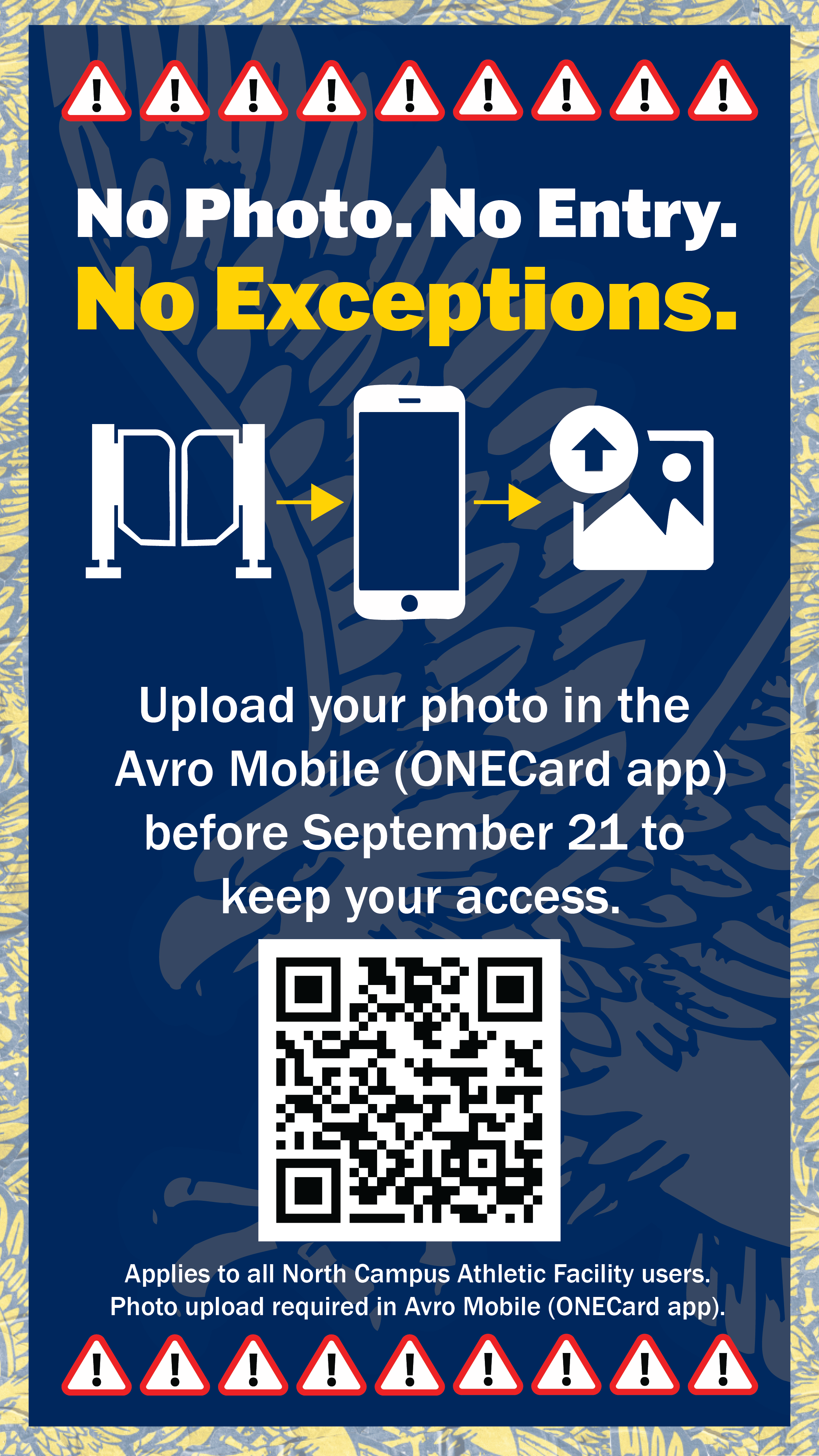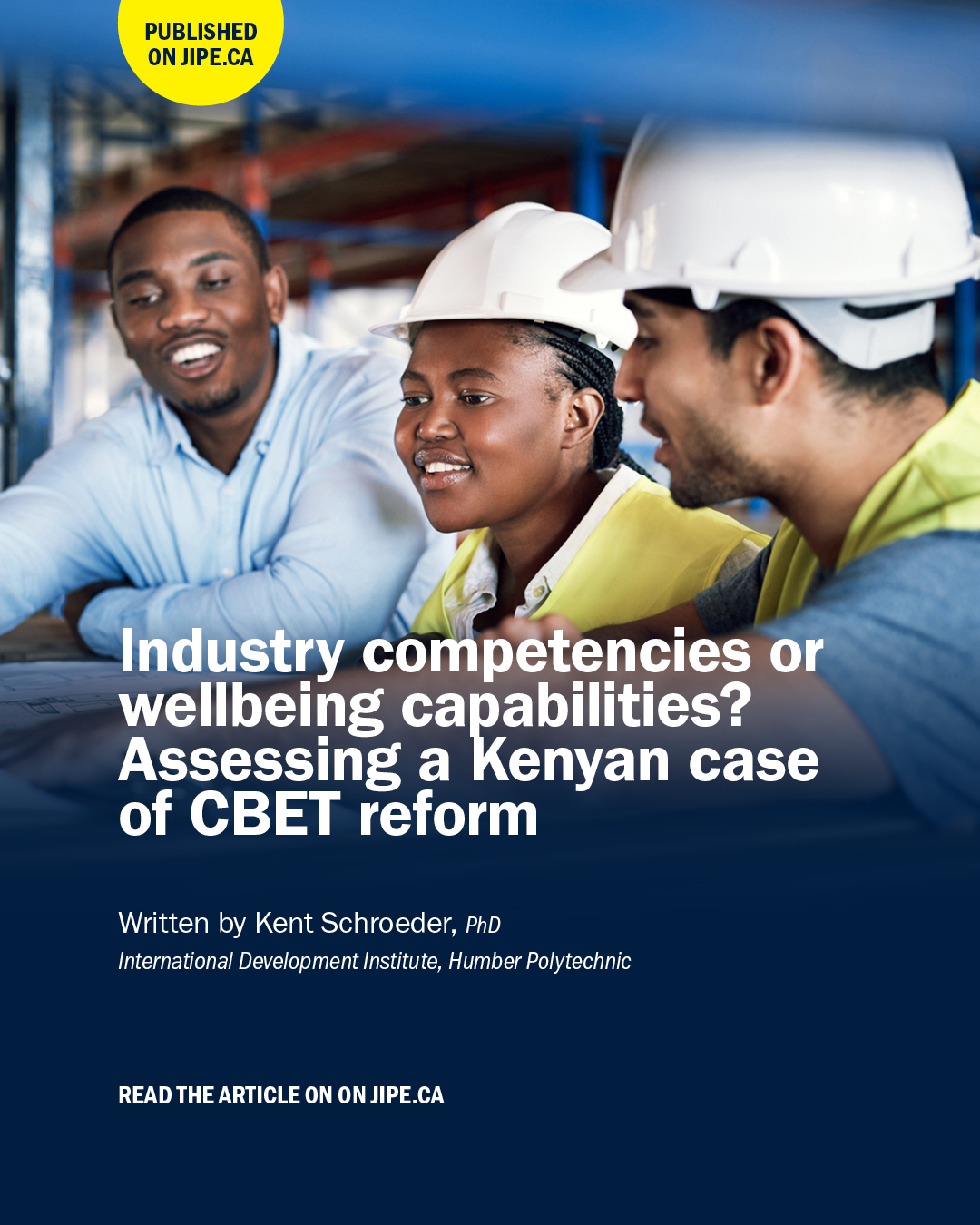Here are the highlights of faculty questions from July. These are not necessarily the most frequently asked questions, but helpful for all faculty members to know!
Question: How can I ensure academic integrity on my final assessments in Blackboard?
Answer:
Innovative Learning recommends using Blackboard’s features to secure your assessment in lower stakes assessment. There are a few ways you can secure your tests in Blackboard, without the use of any additional tools:
ol {margin-bottom:0in;margin-top:0in;}ul {margin-bottom:0in;margin-top:0in;}li {margin-top:.0in;margin-bottom:8pt;}ol.scriptor-listCounterResetlist!list-d6ede680-caa3-42dd-ba3f-7fbe93cecd590 {counter-reset: section;}ol.scriptor-listCounterlist!list-d6ede680-caa3-42dd-ba3f-7fbe93cecd590 {list-style-type:bullet;}li.listItemlist!list-d6ede680-caa3-42dd-ba3f-7fbe93cecd590::before {counter-increment: section;content: none; display: inline-block;}
- You can consider using question banks, which can be made with Blackboard’s AI Design Assistant, and can use your content using the Context Picker, or you can make them manually. When using question banks, you can randomize the questions that appear on each students’ test by following the instructions.
- To secure your assessment in lower stakes assessment, you can also consider randomizing answers for test questions, adding password protection, as well as prohibiting backtracking, displaying only one question at a time, randomizing the order of questions, prohibiting late submissions, and setting a time limit in the test settings, which can also be used to help with test security.
Instructors can also use Respondus Lockdown Browser. Here are some of its key features:
ol {margin-bottom:0in;margin-top:0in;}ul {margin-bottom:0in;margin-top:0in;}li {margin-top:.0in;margin-bottom:8pt;}ol.scriptor-listCounterResetlist!list-d6ede680-caa3-42dd-ba3f-7fbe93cecd591 {counter-reset: section;}ol.scriptor-listCounterlist!list-d6ede680-caa3-42dd-ba3f-7fbe93cecd591 {list-style-type:bullet;}li.listItemlist!list-d6ede680-caa3-42dd-ba3f-7fbe93cecd591::before {counter-increment: section;content: none; display: inline-block;}
- Assessments are displayed full-screen, cannot be minimized, and cannot be exited until the student submits it for grading
- The internet browser menu and toolbar options are removed, except for Back, Forward, Refresh and Stop
- Prevents access to other applications including messaging, screen-sharing, virtual machines, and remote desktops
- Printing and screen capture functions are disabled for the student
- Copying and pasting anything to or from an assessment is prevented
- Assessments that are set up for use with Lockdown Browser cannot be accessed with other browsers
Learn more about Respondus Lockdown Browser by watching the video below:
https://www.youtube.com/watch?v=njhZi4tuSz0
Question: How do I create groups in Blackboard? How do I grade group assignments?
Answer:
There are a few different kinds of groups available for you to create:
ol {margin-bottom:0in;margin-top:0in;}ul {margin-bottom:0in;margin-top:0in;}li {margin-top:.0in;margin-bottom:8pt;}ol.scriptor-listCounterResetlist!list-d6ede680-caa3-42dd-ba3f-7fbe93cecd592 {counter-reset: section;}ol.scriptor-listCounterlist!list-d6ede680-caa3-42dd-ba3f-7fbe93cecd592 {list-style-type:numbered;}li.listItemlist!list-d6ede680-caa3-42dd-ba3f-7fbe93cecd592::before {counter-increment: section;content: counters(section, ".") ". "; display: inline-block;}
- Custom – You manually create groups and assign students to each group.
- Randomly assigned – Students are automatically assigned evenly to groups.
- Self-enrollment – This must be a visible group. Once created, it generates an announcement to notify students to sign up to a group. Students must self-enroll to a group to become part of it before the start of a group assignment; students will only see the assignment once they register in a self-enrolment group.
- Reuse groups – You can reuse an existing course group or group set you had previously created in your course.
Learn more about grading group assignments.
Question: How does peer grading or peer reviews work in Blackboard?
Answer:
Learn more about how peer grading or peer reviews work in assignments in Blackboard by watching the video below:
https://vimeo.com/1044700294?fl=pl&fe=sh
It is important to note that students can leave peer reviews for other students, but that student feedback only becomes visible when the instructor publishes their grade and feedback. The student will get both the instructor and peer reviewer feedback all at once.
Question: What’s the difference between an Accommodation, Exception, and an Exemption in Blackboard? How do I give a student an Accommodation, Exception, or an Exemption?
Answer:
ol {margin-bottom:0in;margin-top:0in;}ul {margin-bottom:0in;margin-top:0in;}li {margin-top:.0in;margin-bottom:8pt;}ol.scriptor-listCounterResetlist!list-d6ede680-caa3-42dd-ba3f-7fbe93cecd593 {counter-reset: section;}ol.scriptor-listCounterlist!list-d6ede680-caa3-42dd-ba3f-7fbe93cecd593 {list-style-type:bullet;}li.listItemlist!list-d6ede680-caa3-42dd-ba3f-7fbe93cecd593::before {counter-increment: section;content: none; display: inline-block;}
Question: How do I manually enter grades in the Gradebook?
Answer:
First, you will need to create a manual grade column in the Gradebook.
ol {margin-bottom:0in;margin-top:0in;}ul {margin-bottom:0in;margin-top:0in;}li {margin-top:.0in;margin-bottom:8pt;}ol.scriptor-listCounterResetlist!list-d6ede680-caa3-42dd-ba3f-7fbe93cecd594 {counter-reset: section;}ol.scriptor-listCounterlist!list-d6ede680-caa3-42dd-ba3f-7fbe93cecd594 {list-style-type:numbered;}li.listItemlist!list-d6ede680-caa3-42dd-ba3f-7fbe93cecd594::before {counter-increment: section;content: counters(section, ".") ". "; display: inline-block;}
- Locate where you want to add an item by hovering your cursor on the lines in between your gradable items. Select the plus sign and then select Add Item from the drop-down menu. The new item panel will open.

ol {margin-bottom:0in;margin-top:0in;}ul {margin-bottom:0in;margin-top:0in;}li {margin-top:.0in;margin-bottom:8pt;}ol.scriptor-listCounterResetlist!list-d6ede680-caa3-42dd-ba3f-7fbe93cecd594 {counter-reset: section;}ol.scriptor-listCounterlist!list-d6ede680-caa3-42dd-ba3f-7fbe93cecd594 {list-style-type:numbered;}li.listItemlist!list-d6ede680-caa3-42dd-ba3f-7fbe93cecd594::before {counter-increment: section;content: counters(section, ".") ". "; display: inline-block;}
- In the new item panel, select the pencil icon to create a new title.

ol {margin-bottom:0in;margin-top:0in;}ul {margin-bottom:0in;margin-top:0in;}li {margin-top:.0in;margin-bottom:8pt;}ol.scriptor-listCounterResetlist!list-d6ede680-caa3-42dd-ba3f-7fbe93cecd594 {counter-reset: section;}ol.scriptor-listCounterlist!list-d6ede680-caa3-42dd-ba3f-7fbe93cecd594 {list-style-type:numbered;}li.listItemlist!list-d6ede680-caa3-42dd-ba3f-7fbe93cecd594::before {counter-increment: section;content: counters(section, ".") ". "; display: inline-block;}
- To allow students to view the grade column, select the drop-down menu and select Visible to students.

ol {margin-bottom:0in;margin-top:0in;}ul {margin-bottom:0in;margin-top:0in;}li {margin-top:.0in;margin-bottom:8pt;}ol.scriptor-listCounterResetlist!list-d6ede680-caa3-42dd-ba3f-7fbe93cecd594 {counter-reset: section;}ol.scriptor-listCounterlist!list-d6ede680-caa3-42dd-ba3f-7fbe93cecd594 {list-style-type:numbered;}li.listItemlist!list-d6ede680-caa3-42dd-ba3f-7fbe93cecd594::before {counter-increment: section;content: counters(section, ".") ". "; display: inline-block;}
- Select the calendar and clock icon to add a due date.

ol {margin-bottom:0in;margin-top:0in;}ul {margin-bottom:0in;margin-top:0in;}li {margin-top:.0in;margin-bottom:8pt;}ol.scriptor-listCounterResetlist!list-d6ede680-caa3-42dd-ba3f-7fbe93cecd594 {counter-reset: section;}ol.scriptor-listCounterlist!list-d6ede680-caa3-42dd-ba3f-7fbe93cecd594 {list-style-type:numbered;}li.listItemlist!list-d6ede680-caa3-42dd-ba3f-7fbe93cecd594::before {counter-increment: section;content: counters(section, ".") ". "; display: inline-block;}
- Choose the grade unit, Points, Percentage, or Letter.

ol {margin-bottom:0in;margin-top:0in;}ul {margin-bottom:0in;margin-top:0in;}li {margin-top:.0in;margin-bottom:8pt;}ol.scriptor-listCounterResetlist!list-d6ede680-caa3-42dd-ba3f-7fbe93cecd594 {counter-reset: section;}ol.scriptor-listCounterlist!list-d6ede680-caa3-42dd-ba3f-7fbe93cecd594 {list-style-type:numbered;}li.listItemlist!list-d6ede680-caa3-42dd-ba3f-7fbe93cecd594::before {counter-increment: section;content: counters(section, ".") ". "; display: inline-block;}
- Type in a number to specify the maximum points possible.

ol {margin-bottom:0in;margin-top:0in;}ul {margin-bottom:0in;margin-top:0in;}li {margin-top:.0in;margin-bottom:8pt;}ol.scriptor-listCounterResetlist!list-d6ede680-caa3-42dd-ba3f-7fbe93cecd594 {counter-reset: section;}ol.scriptor-listCounterlist!list-d6ede680-caa3-42dd-ba3f-7fbe93cecd594 {list-style-type:numbered;}li.listItemlist!list-d6ede680-caa3-42dd-ba3f-7fbe93cecd594::before {counter-increment: section;content: counters(section, ".") ". "; display: inline-block;}
- Optionally, add a grade category and a description.

ol {margin-bottom:0in;margin-top:0in;}ul {margin-bottom:0in;margin-top:0in;}li {margin-top:.0in;margin-bottom:8pt;}ol.scriptor-listCounterResetlist!list-d6ede680-caa3-42dd-ba3f-7fbe93cecd594 {counter-reset: section;}ol.scriptor-listCounterlist!list-d6ede680-caa3-42dd-ba3f-7fbe93cecd594 {list-style-type:numbered;}li.listItemlist!list-d6ede680-caa3-42dd-ba3f-7fbe93cecd594::before {counter-increment: section;content: counters(section, ".") ". "; display: inline-block;}
- After you’ve made all the desired changes, select Save! You will now be able to assign a manual grade for each student in the Gradebook.
Need support? The Innovative Learning Support Centre is here to help!
Learn how it's done. Share how it's done.




